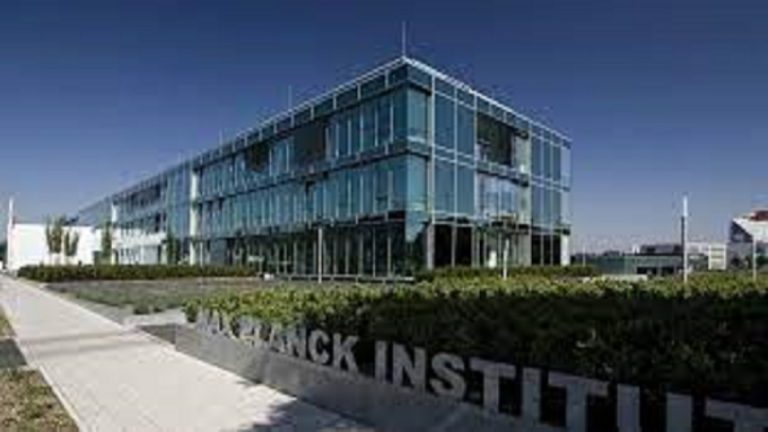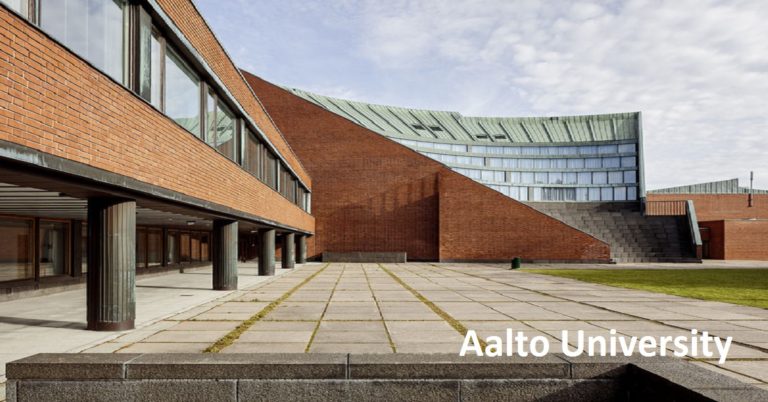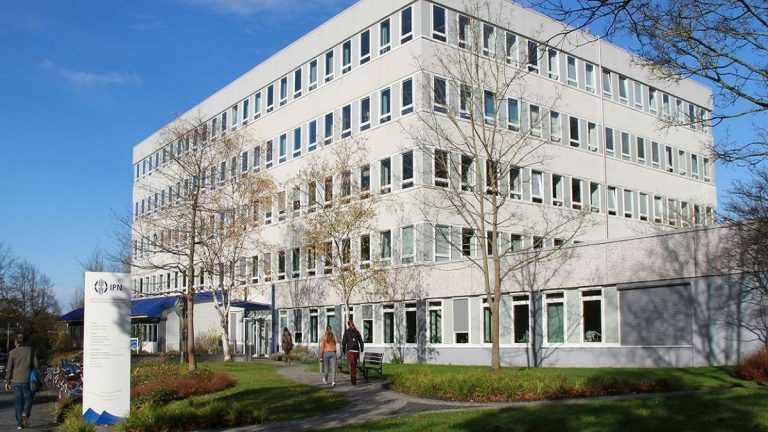
IEK-10 focusses on the model-based optimal design and operation of integrated, decentralized energy systems with a high share of volatile renewable energy. We contribute both to the development of mathematical models and to the development of improved optimization algorithms tailored to specific problems encountered for energy systems. In particular, we employ reduced-order models of various components of the large-scale energy systems to speed up numerical optimization.
Background
Optimization-based design of energy systems requires high-fidelity simulation models of components. However, such simulations often comprise complex mechanistic models hidden in specialized simulation software, making their use in mathematical optimization practically intractable. A common approach to overcome this problem is to fit reduced-order models (ROMs), also known as surrogate models or metamodels, to a set of input-output pairings (data) derived from sampling of the simulation. Among the vast number of surrogate models, artificial neural networks (ANNs) are increasingly popular due to their capability to capture highly nonlinear relationships between multiple inputs and outputs. Further, their mathematical structure can be leveraged in a reduced-space (RS) formulation for global optimization. Recently, the resulting savings in computational time have been demonstrated in several applications from working fluid selection to design optimization of a process, where thermodynamic properties have been modeled by ANN surrogate models.
The work will be co-supervised by RWTH Aachen University Institute for Energy Efficient Buildings and Indoor Climate (EBC).
Scope of this work:
- Study design and operation of residential energy systems
- Train ANN surrogate models for thermodynamic properties of heat pump working fluids
- Integrate the ANNs into a simulation model of a residential energy system
- Optimize the design parameters of the energy system for various scenarios
Your profile
- Excellent student (f/m/d) in the field of Energy/Process Systems Engineering, CES, Simulation Science or similar
- Experience in Matlab or Python
- Prior knowledge in optimization or machine learning is desired
- Experience with Dymola/Modelica is of advantage
- Good written and spoken English
We offer
- A highly motivated team in one of Europe’s biggest research facilities
- An excellent scientific and technical infrastructure
- Working environment with clear focus on optimization and machine learning
- Supervision by experts in relevant fields
Contact:
Danimir Doncevic, M.Sc.
Forschungszentrum Jülich
Institute of Energy and Climate Research – Energy Systems Engineering (IEK-10)
Email: d.doncevic@fz-juelich.de
Christian Vering, M.Sc.
E.ON Energy Research Center
Institute for Energy Efficient Buildings and Indoor Climate (EBC)
E-Mail: cvering@eonerc.rwth-aachen.de






